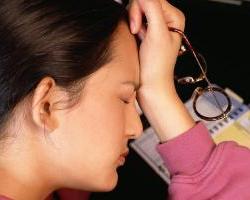Around the world, mental health professionals are applauding the changes made to the Diagnostic and Statistical Manual of Mental Disorders, which now includes hoarding as a separate and official mental health disorder.
The American Psychiatric Association has included hoarding for the first time in the latest version of the DSM, the DSM-5. This will help with clear diagnosis of the condition, better treatment, more research, and hopefully more acceptance.
Hoarding awareness increased by reality TV
Due to the popularity of the reality TV series about hoarding, this condition, which can be dangerous and threaten physical health, has gained recognition. Previously, it was considered a subcategory of obsessive-compulsive disorder, but it no longer is. As much as 5% of any population may be affected by the compulsive need to keep things.
As a mental health disorder, will receive funding for research
“By accepting this as a mental health disorder it opens up the possibility of greater research and treatment programs,” explained clinical psychologist Christopher Mogan from The Anxiety Clinic in Richmond. “It will also open up more awareness among doctors and authorities who come across these problems, that these people are not just lazy and disorganized. They have a very disabling psychological disorder.”
And more treatment options
Until this new recognition, research has been limited as has treatment options. “We’re 70 or 80 years behind other conditions in terms of treatment programs and understanding the phenomenology,” Mogan continued. “It’s only by being in the DSM-5 that it opens up the possibility there will be teaching about hoarding disorder in university programs for health professionals and community workers because until now there has been n formal recognition.”
Hoarders are hoping for more understanding, less judgment
Long-time hoarder, Anne Petts, 67, from Ferntree Gully, Australia, said she was hoping for greater understanding. “There are a lot of people like me but people don’t understand what we’re going through. They just put you in a box and judge you,” she revealed. “It can be devastating, it would be wonderful if this led to more help and understanding.
Source: WA Today








